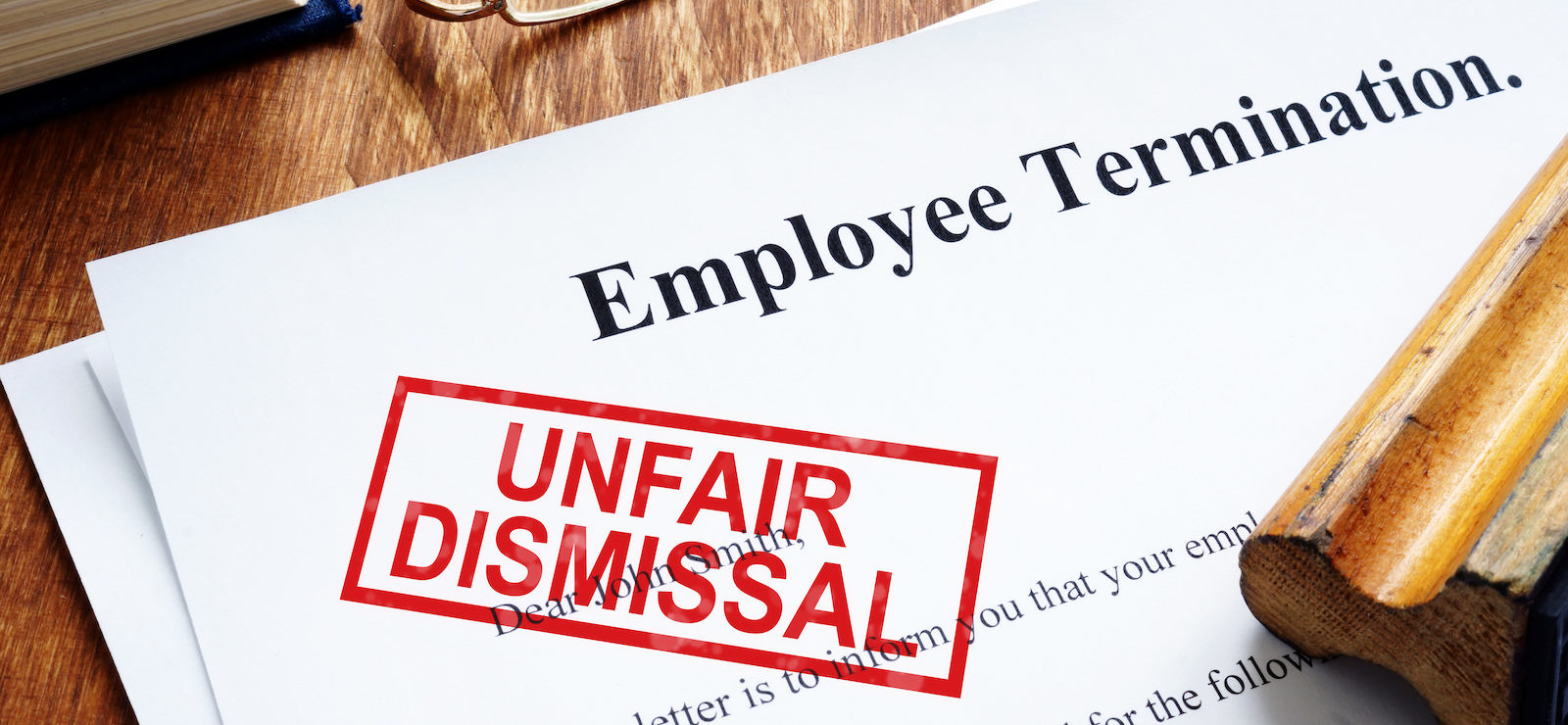
15 Jun Mediating Wrongful Dismissal Actions
By Doug MacLeod
Wrongful dismissal cases settle at mediation for various reasons such as:
- The combined legal costs associated with the case are expected to exceed the damage award. It often makes no economic sense for either party to go to trial regardless of the outcome.
- The only way the parties can agree on a quantum of damages is to allocate some settlement funds to non-taxable damages.
- In some cases, an employee has a hard time moving on with their life until the case is settled. In other cases, one or more employer representatives devotes an inordinate amount of unproductive time to a case. Settling at mediation means neither party will spend any more unproductive, mental energy on the matter.
- A settlement eliminates the litigation risk that exists if the parties go to trial. In recent years there has been more litigation risk associated with wrongful dismissal actions.
- The parties can include terms in the settlement that a judge cannot impose on the parties. This can include a positive reference, a promise not to criticize each other, and a promise not to discuss the terms of settlement with others including other terminated employees.
Parties can agree to mediate at different times including:
- Before litigation is started.
- Immediately after a litigation is commenced.
- Before discovery
- After discovery
- After the pre-trial

Here are some cases that could benefit from mediation:
- If an employee is entitled to a lengthy notice period then an early mediation may make sense. Let’s say the minimum statutory notice period is 8 weeks and the likely notice period is 24 months or 104 weeks. So damages are between $ 0 and 96 weeks compensation depending on when the employee gets another job. Wouldn’t it make sense to structure a settlement so the employee is incentivized to obtain alternative work quickly with some financial windfall that would significantly reduce the employer’s financial exposure?
- If there is significant litigation risk on an issue that will likely be appealed (i.e whether the termination clause in the employee’s contract is enforceable, or whether a temporary layoff caused by COVID-19 is a constructive dismissal at law) then early mediation can eliminate this risk and allow both parties to resolve the matter without a long and likely expensive delay.
- If the case is factually complicated such that discovery costs will be significant then both parties can avoid these legal costs by settling at mediation. Once these costs are incurred, however, it may be close to impossible to settle this kind of case at a later date.
- If the case involves a claim for special damages (i.e non-wrongful dismissal damages) it is often difficult to predict what an individual judge will do with the claim and neither party wants to roll the dice on this uncertainty. One example of this kind of case is a Walmart case where the trial judge awarded $ 750 000 in special damages. Based on the facts reported in the decision I would have predicted there was only a small chance the employee would have been awarded any special damages.
- In some cases, one of the clients has unrealistic settlement expectations and will not follow their lawyer’s advice. Sometimes the client will listen to the mediator and change these unrealistic expectations so a settlement can be reached.


